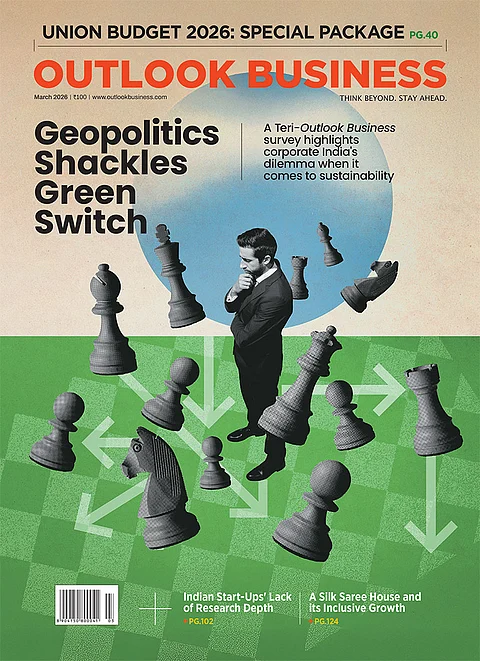Led by Yi Cui, A Stanford University team has confirmed that it has developed a ground-breaking lithium extraction technology that could significantly reduce the environmental impact of lithium mining. The technology using a process called electrodialysis requires less space, time, and energy than current methods, making it a promising alternative in the race to meet the growing demand for lithium.
Traditional lithium extraction from brine involves evaporating salts in large ponds, a time-consuming and environmentally damaging process, often leaving large quantities of unusable waste. The Stanford team has developed an alternative ecological-friendly method, which uses a lithium selective membrane and an applied electric field to separate the ions from other elements.
According to a report in a leading publication this new technique can continuously extract lithium for over 100 hours and uses only 10 per cent of the electricity consumed by current methods. With a 100 per cent lithium selectivity rate, the process offers a dramatically cleaner and cheaper way to extract the metal. The research suggests that this breakthrough could more than halve the cost of lithium extraction from the current $9100 per tonne to between $3500 and $4000.
Lithium is a vital component in batteries used in electric vehicles mobile phones and other modern technologies. The increasing demand for electric vehicles has put pressure on the mining industry to find more sustainable methods of extraction. The new technology could help bridge the gap offering a viable solution to both environment and concerns and supply shortages.

























